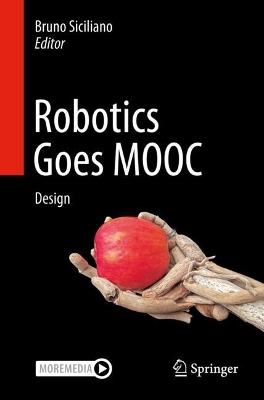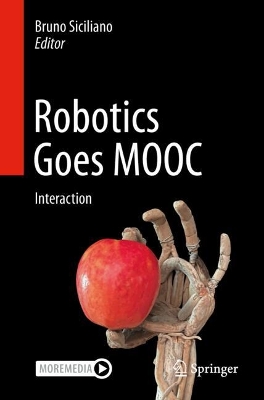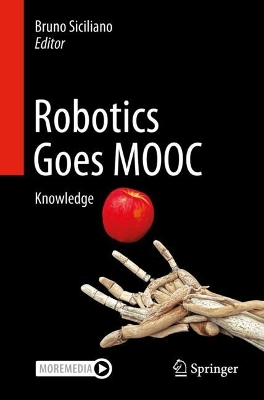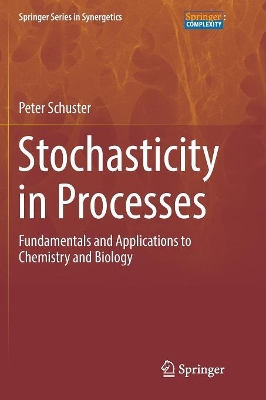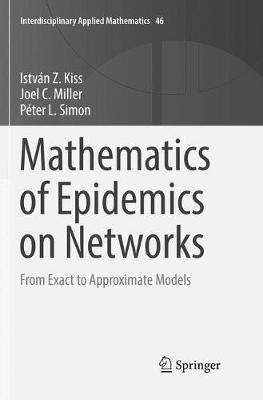Probabilistic Cellular Automata
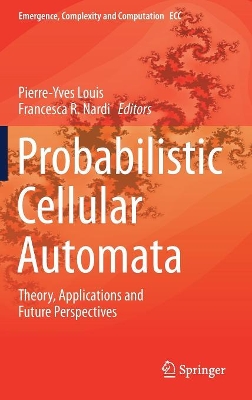 -15%
portes grátis
-15%
portes grátis
Probabilistic Cellular Automata
Theory, Applications and Future Perspectives
Nardi, Francesca R.; Louis, Pierre-Yves
Springer International Publishing AG
03/2018
344
Dura
Inglês
9783319655567
15 a 20 dias
6682
Descrição não disponível.
Preface.- Acknowledgements.- 1 Overview: PCA models and issues.- 2 Probabilistic Cellular Automata in Art.- Part I Probability and statistical mechanics.- 3 Basic ideas to approach metastability in Probabilistic Cellular Automata.- 4 Strategic Interaction in Interacting Particle Systems.- 5 Scaling and inverse scaling in anisotropic bootstrap percolation.- 6 The sandpile cellular automaton.- 7 Ising Model on the Torus and PCA Dynamics: reversibility, irreversibility, and fast tunneling.- 8 Synchronization in Interacting Reinforced Stochastic Processes.- 9 Nonequilibrium physics aspects of Probabilistic Cellular Automata.- Part II Computer science and discrete dynamical systems.- 10 An example of computation of the density of ones in Probabilistic Cellular Automata by direct recursion.- 11 Statistical equilibrium in deterministic Cellular Automata.- 12 Epidemic automaton and the Eden model: various aspects of robustness.- 13 Convergence time of Probabilistic Cellular Automata on the torus.- 14 Percolation operators and related models.- 15 Phase transitions of Cellular Automata.- Part III Applications to natural sciences and computational (cell) biology.- 16 A trade-off between simplicity and robustness? Illustration on a lattice-gas model of swarming.- 17 PCA modelling of multi-species cell clusters: ganglion development in the gastrointestinal nervous system.- 18 Cellular Potts model: applications to vasculogenesis and angiogenesis.- 19 Cellular Potts Models for interacting cell populations: mathematical foundation, challenges and future prospects.- 20 Cellular Automata for clouds and convection.- Participants of the 2013 Eindhoven meeting.
Este título pertence ao(s) assunto(s) indicados(s). Para ver outros títulos clique no assunto desejado.
high-dimensional interacting stochastic systems;dynamical systems;multiscale models;complex systems;individual-based stochastic models;agent-based modelling;decentralised computational systems;synchronous/asynchronous updating;resilience to asynchronism;density classiffication;emergence of collective behaviour;self-organisation;bootstrap percolation;crisis propagation;equilibrium and non-equilibrium statistical mechanics;phase transition;metastability;finite range and mean field interactions;reaction-diffusion;complexity
Preface.- Acknowledgements.- 1 Overview: PCA models and issues.- 2 Probabilistic Cellular Automata in Art.- Part I Probability and statistical mechanics.- 3 Basic ideas to approach metastability in Probabilistic Cellular Automata.- 4 Strategic Interaction in Interacting Particle Systems.- 5 Scaling and inverse scaling in anisotropic bootstrap percolation.- 6 The sandpile cellular automaton.- 7 Ising Model on the Torus and PCA Dynamics: reversibility, irreversibility, and fast tunneling.- 8 Synchronization in Interacting Reinforced Stochastic Processes.- 9 Nonequilibrium physics aspects of Probabilistic Cellular Automata.- Part II Computer science and discrete dynamical systems.- 10 An example of computation of the density of ones in Probabilistic Cellular Automata by direct recursion.- 11 Statistical equilibrium in deterministic Cellular Automata.- 12 Epidemic automaton and the Eden model: various aspects of robustness.- 13 Convergence time of Probabilistic Cellular Automata on the torus.- 14 Percolation operators and related models.- 15 Phase transitions of Cellular Automata.- Part III Applications to natural sciences and computational (cell) biology.- 16 A trade-off between simplicity and robustness? Illustration on a lattice-gas model of swarming.- 17 PCA modelling of multi-species cell clusters: ganglion development in the gastrointestinal nervous system.- 18 Cellular Potts model: applications to vasculogenesis and angiogenesis.- 19 Cellular Potts Models for interacting cell populations: mathematical foundation, challenges and future prospects.- 20 Cellular Automata for clouds and convection.- Participants of the 2013 Eindhoven meeting.
Este título pertence ao(s) assunto(s) indicados(s). Para ver outros títulos clique no assunto desejado.
high-dimensional interacting stochastic systems;dynamical systems;multiscale models;complex systems;individual-based stochastic models;agent-based modelling;decentralised computational systems;synchronous/asynchronous updating;resilience to asynchronism;density classiffication;emergence of collective behaviour;self-organisation;bootstrap percolation;crisis propagation;equilibrium and non-equilibrium statistical mechanics;phase transition;metastability;finite range and mean field interactions;reaction-diffusion;complexity

